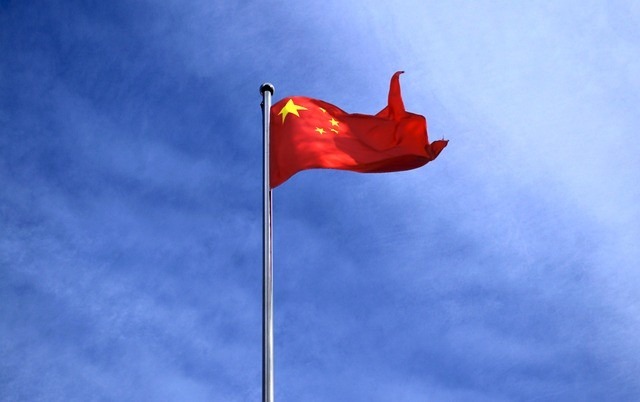Key Points
- The Chinese Economy’s slowdown and falling prices are anticipated to mitigate global inflation as Chinese exporters cut prices.
- Export prices from China are decreasing at a rate unseen since the 2008 financial crisis.
- In January, significant drops in China’s consumer and producer price indexes indicate deflationary pressures.
- Predictions of interest rate cuts in emerging markets in response to China’s economic conditions.
- The impact on global trade dynamics, including potential shifts in commodity markets and trade protectionism measures.
The global financial landscape is preparing for the impact of China’s economic slowdown, characterized by declining prices and the possibility of exporting deflation. This phenomenon, where a country’s economic downturn leads to decreased export prices, presents both a challenge and an opportunity for global inflation rates. With China’s economy growing at its slowest pace in decades, excess capacity has prompted Chinese exporters to lower prices to remain competitive in the global market. This development has raised significant concerns among global investors, who now expect a decrease in worldwide inflation rates as a direct result of China’s economic conditions.
January Sees Prices Drop: CPI -0.8%, PPI -2.5%
The evidence supporting these expectations is compelling. Since 2008, Chinese export prices have dropped sharply, indicating a significant global deflationary impact. In January alone, China’s consumer prices fell by 0.8% annually—the most rapid decline in 15 years—while the producer price index experienced a 2.5% year-on-year decrease. These statistics underscore the magnitude of China’s economic adjustment and its potential global repercussions.
Rate Cuts Loom as Deflation Spreads Worldwide
As a result, central banks, particularly in emerging markets reliant on Chinese goods, may reduce interest rates to counter China’s deflationary pressures. This move aims to balance inflationary pressures and stimulate economic growth. Nonetheless, China’s economic situation has broader implications beyond inflation dynamics. Weak domestic demand and a depreciating renminbi could boost Chinese exports, further complicating global trade dynamics. This situation could lead to market reshaping, a rise in complaints about unfair competition, and increased trade protectionism due to the influx of cheaper Chinese goods.
Despite clear signs of China’s impact on the global economy, economists’ opinions vary. Some question the extent to which China’s deflationary forces will affect advanced economies. However, actions like BYD, China’s leading car manufacturer, significantly lowering its electric vehicle prices in Germany demonstrate the widespread competitive pressures.
The possibility of a global economic recalibration is emerging as the world grapples with the complexities of China’s economic slowdown. Whether it’s through inflation rates, trade dynamics, or competitive pressures, the consequences of China’s current economic path are extensive, prompting a reassessment of global economic strategies in response to these unprecedented changes.













